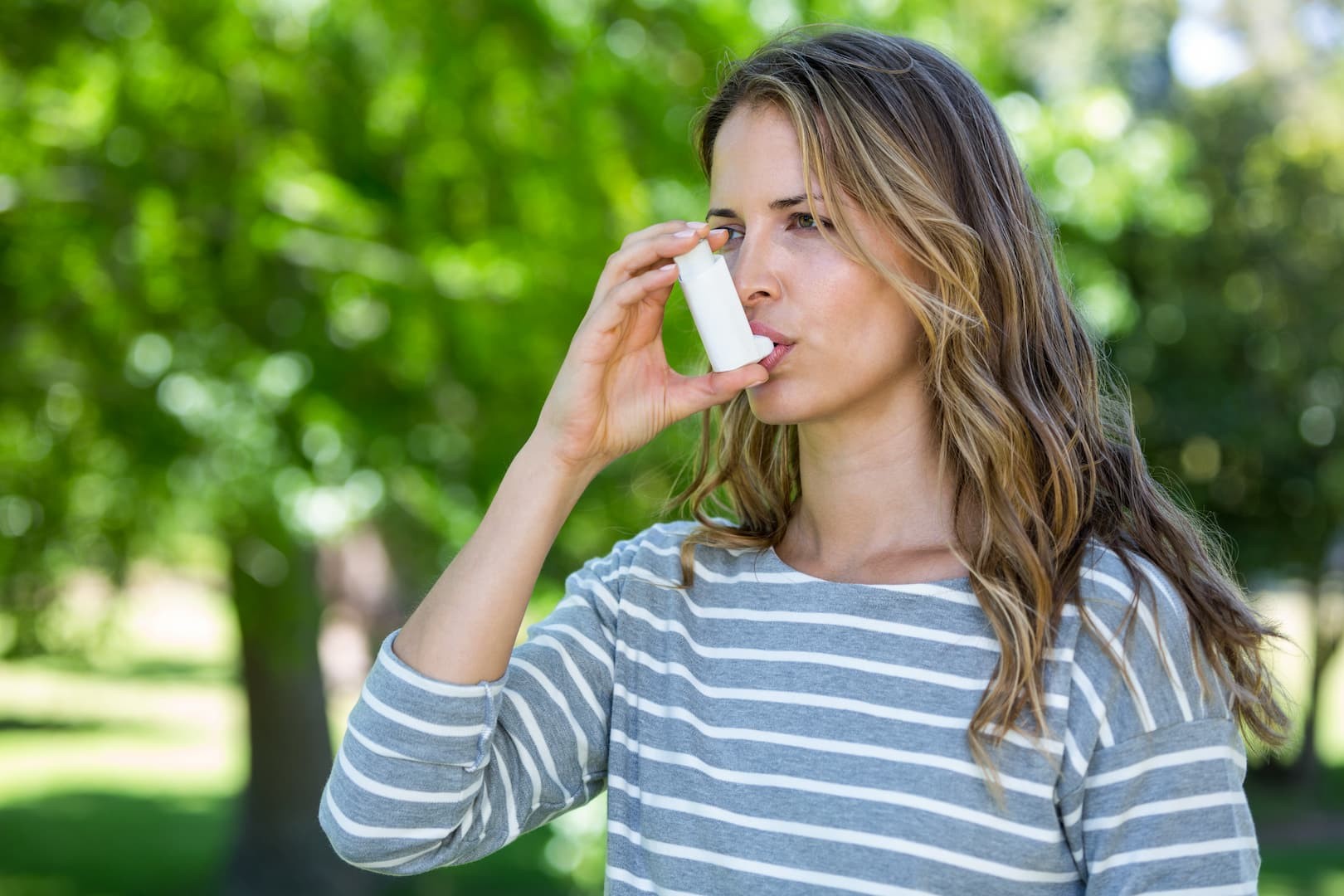
Have you ever been told that asthma is just in your head amid a severe attack? Well, it's just one of the many myths about the condition that keeps people from getting the right treatment. Bearing the theme, "Uncovering Asthma Misconceptions", World Asthma Day 2021 aims to correct false stories told about the chronic condition and educate people on the proper way of managing it to prevent flare-ups, hospitalisations and deaths.
Organised by Global Initiative for Asthma (GINA), with support from the World Health Organization (WHO), the event is observed on the 5th of May every year to help asthma sufferers reduce, if not prevent, their asthma episodes.
What is Asthma?
Asthma is a chronic lung disease characterised by wheezing, shortness of breath, chest pain, coughing and runny nose. According to WHO, roughly 339 million people had asthma in 2016, which accounted for 417,918 deaths.
During an asthma attack, the airways constrict due to inflammation of the mucous membrane that lines them. This makes breathing difficult and painful. Several factors can trigger asthma, including genetics, food, medications, environment, stress, allergies and the weather, to name a few. If either or both parents of a child has asthma, the latter is more likely to have it as well.
What are the Common Misconceptions About Asthma?
So many myths have downplayed the seriousness of asthma, leading people to think that it's not as serious as heart disease, cancer and diabetes, among other chronic diseases. The truth of the matter is that ignoring the signs of asthma endangers health and can lead to instant death.
If you suffer from asthma or know of a family member or friend who does, tag them along to World Asthma Day to find out whether or not what you know about the condition is based on facts or hearsay. GINA debunked some asthma misconceptions such as the following:
Myth #1: Asthma is a childhood disease that one can outgrow as they age.
Truth: Asthma can occur at any age (in children, adolescents, adults and elderly)
Myth #2: Asthma is infectious.
Truth: Asthma is not infectious. However, viral respiratory infections (such as common cold and the flu) can cause asthma attacks. Asthma in children is often a result of an allergic reaction, but asthma in adulthood is less likely to be an allergic response.
Myth #3: People with asthma should not exercise.
Truth: People with asthma can engage in sports activities that don't strain the lungs so long as they receive routine care.
Myth #4: Asthma is only controllable with high dose steroids.
Truth: Asthma can be controllable with low dose inhaled steroids.
Participants in World Asthma Day are invited to submit a short video of common asthma myths they grew up believing so that Global Initiative for Asthma can directly address these.
What are Common Treatments for Asthma?
Inhaled steroids are long-term medications that help prevent asthma flare-ups by opening the airways. These have to be taken on a daily basis and usually take one to three weeks to reduce the symptoms of asthma.
While it can help with asthma, prolonged use of inhaled steroids poses some side effects such as:
- Thrush
- Hoarseness
- Sore throat
- Weight gain
- Susceptibility to pneumonia
What Natural Therapies Can Treat Asthma?
Traditional Chinese Medicine (TCM) approaches asthma in a different way. It looks at the flow of the Lung Qi (energy in the lungs) to determine any imbalances that triggered the disease in the first place.
A research article published by the Medical Acupuncture in 2018 explains that the acupuncture points located in the throat, heart, lungs, kidneys, stomach and bladder must be reinforced to balance the Lung Qi. Acupuncture is extremely effective in treating and preventing airway inflammation, especially when used alongside Chinese herbal medicine and qigong.
Specific herbs are used in TCM to balance the Th1 and Th2 cells, which are responsible for strengthening the immunity, as well as nourishing the heart to prevent asthma attacks. On the other hand, practising medical qigong every morning and every evening helps to expand the airways and prevent breathing difficulties.
Unlike conventional drugs that produce immediate results with some negative effects, TCM works gradually on the body to provide profoundly lasting effects with zero adverse effects.
|
Do you have a natural health & wellness business? |









